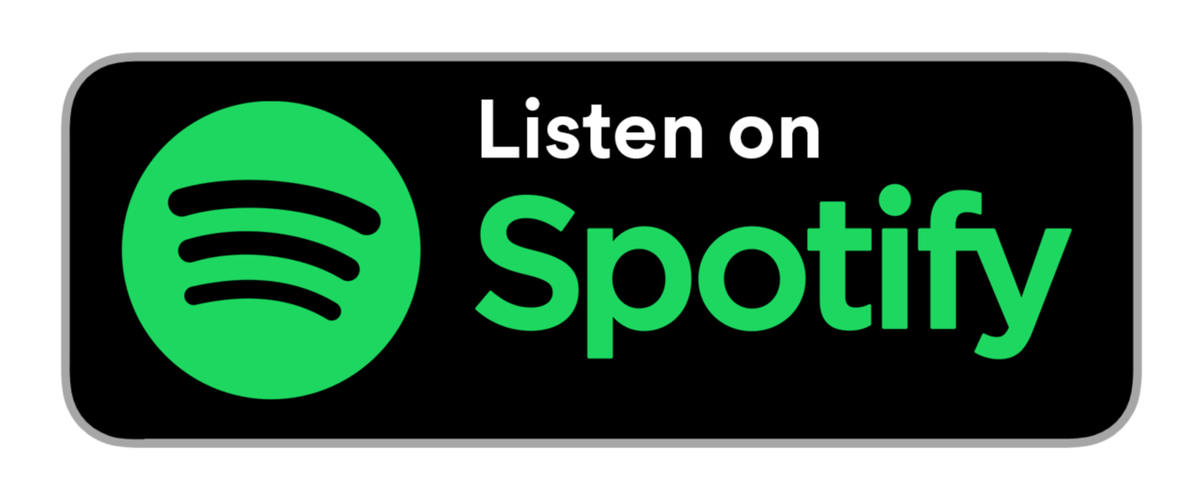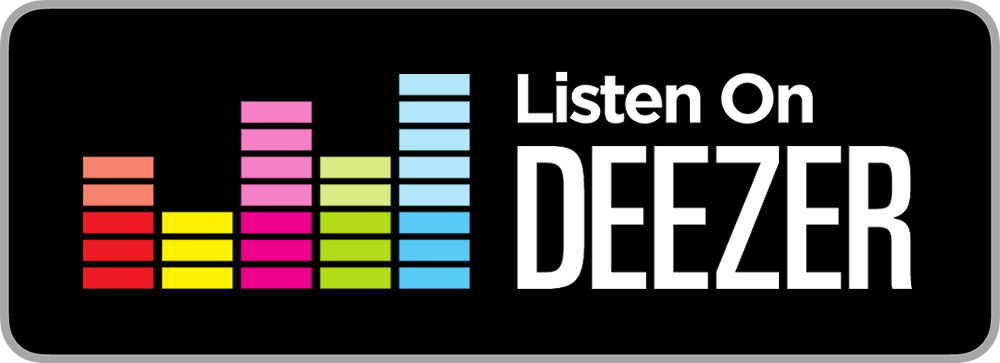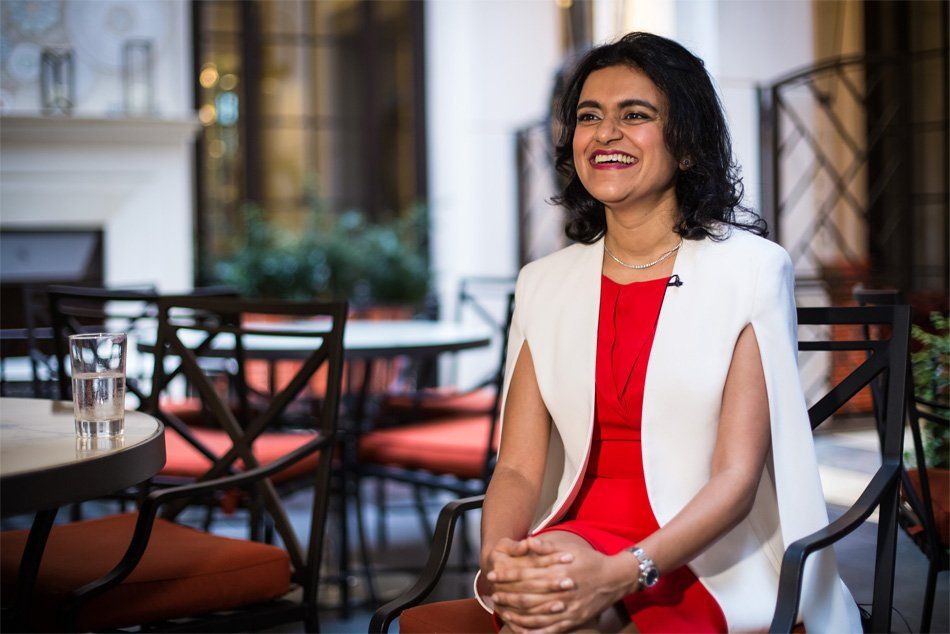Dr Tara Swart - Debunking Neuroscience Part 1
Dr Tara Swart - Debunking Neuroscience Part 1
Highlights:
3:25 – 5 key areas for peak brain performance
7:10 – Best foods for brain health
10:10 – Why Mark Zuckerberg wears the same clothes every day
11:48 – ‘Fully Integrated Brain Power’ + The 6 ways of thinking
18:15 – Why not to have caffeine after midday
18:55 – Benefits of cold showers
20:00 – Why you shouldn’t drink alcohol within 2 hours of sleep
22:00 – Why you shouldn’t look at your phone during the night
23:45 – Positive impacts of gratitude
25:45 – Improve 10 things by 1% concept
27:55 – The peak operating age of the brain
30:30 – Self-limiting behaviours, and the impact of self-talk
Dr Tara Swart is a neuroscientist, leadership coach, award-winning author and a medical doctor. She works with leaders all over the world to help them achieve mental resilience and peak brain performance, improving their ability to manage stress, regulate emotions and retain information.
Why should I not have caffeine after 12 o’clock every day?
The quarter life of caffeine is 12 hours, so 12 hours after you have your last caffeine, a quarter of that is still buzzing around your brain.
What are the benefits of cold showers?
Ideally, the research that is most ideal is an ice bath followed by a sauna. But while that’s not mostly practical for all of us, there’s some research from Finland that’s shows there’s some benefits of a 15, 30 or 60 second cold shower because it has a beneficial effects of our immunity from colds and even if you do get sick it reduces the number of days you get sick. What you want to do is shock your body and show it that you can control your recovery afterwards, so it’s important to have the cold shower first then warm yourself up afterwards. It’s almost like a form of inoculation.
Why should I not have too much alcohol particularly within 2 minutes of bedtime?
Timing is really important here, and its binary, which is that even small amounts of alcohol have a disproportionate effect on your sleep. Any consumption, eating or drinking means that your body can’t go into recovery during sleep until you’ve digested or dealt with any toxins (like alcohol) even if you don’t drink alcohol or you eat late, it will still disturb you.
Why should I not look at my phone during the night?
Any devices that admit blue light, (which mimics natural daylight) there’s a gland called the pineal gland which releases melatonin one hour before we fall asleep and the blue light disrupts that process. There is an app called flux that makes the light on your devices more orange, which is helpful, but it’s also because your brain is buzzing with the latest thing that you’ve read and stops the winding down process. Even checking it for 2 seconds, the blue lights effect on you can be disastrous for this process. There is even evidence that it can increase your cancer risk – which is due to the body not adopting the natural day and night cycles.
What are the positive impacts of practicing some form of gratitude?
It’s so easy to go through life and not pause and think about what you’ve accomplished and move on to the next thing, and the reason for that is to ensure our survival our brains are geared more to avoid a loss than to seek a reward, we focus on the negatives about twice as much as we focus on the positives. I do a list of 10 things and write them down. Gratitude brings to the front of the mind the more positive, abundant style of thinking and in the research that I’ve done, I’ve found that overtime that list develops and moves more from the external things like friends and family that you are grateful for to more intrinsic capabilities like my resilience my creativity, my adaptability my ability to solve problems. Once you really acknowledge that to yourself you start to feel like ok, if something bad happens to me, I’m more aware of the capabilities I have to deal with that. So, when there’s a crisis, you know you can get through it.




